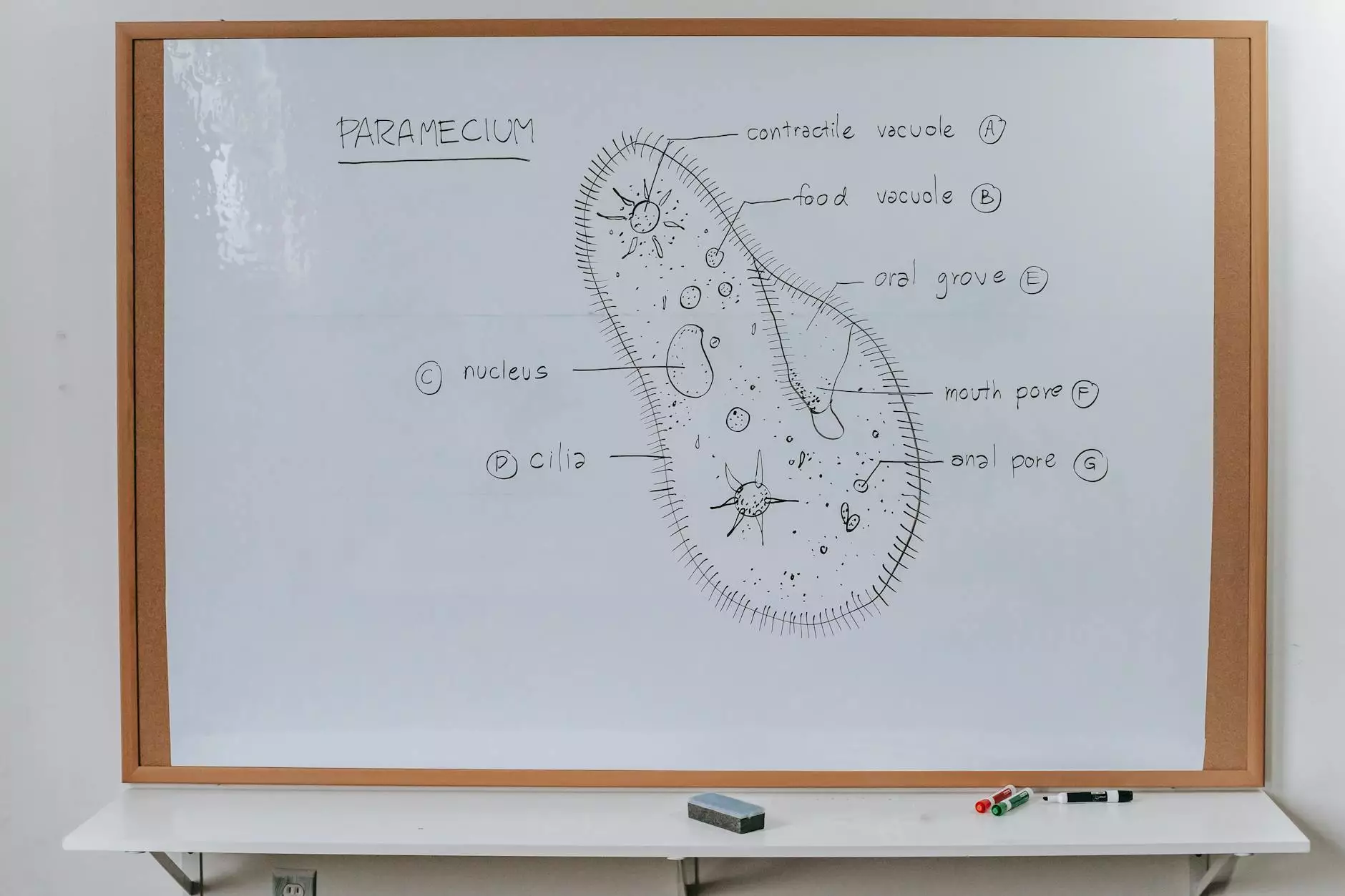Regenerative Med and Pain Management Differences

Introduction
Welcome to Minneapolis Weight Loss Doc, your trusted partner in maintaining optimal health and well-being. In this article, we will delve into the differences between regenerative medicine and pain management techniques. Understanding these distinctions is crucial for making informed decisions about your healthcare.
Regenerative Medicine: A Revolutionary Approach
Regenerative medicine is a cutting-edge field that aims to restore, rejuvenate, and repair damaged tissues and organs in the body. Unlike traditional medical interventions that solely focus on symptom relief, regenerative medicine harnesses the body's natural healing abilities to promote long-lasting recovery.
Utilizing innovative techniques such as stem cell therapy, platelet-rich plasma (PRP) injections, and growth factor treatments, regenerative medicine targets the root cause of pain and degeneration. By stimulating the regeneration of healthy cells and tissues, it addresses the underlying issues rather than providing temporary relief.
The Benefits of Regenerative Medicine
Regenerative medicine offers numerous advantages for individuals seeking alternatives to conventional pain management techniques. Some key benefits include:
- Long-term Relief: Unlike pain medications or temporary treatments, regenerative medicine aims for lasting results.
- Tissue Regeneration: By promoting the body's natural healing mechanisms, regenerative medicine accelerates tissue repair and reduces the risk of further degeneration.
- Minimally Invasive: Most regenerative procedures are minimally invasive and require little to no downtime.
- Promotes Natural Healing: Regenerative medicine harnesses the power of the body's own healing abilities, reducing dependency on external interventions.
- Tailored Solutions: Each individual's treatment plan is personalized based on their unique needs, ensuring optimal results.
Pain Management Techniques: A Holistic Approach
Pain management techniques focus on the alleviation of discomfort and improvement of quality of life for individuals experiencing acute or chronic pain. Unlike regenerative medicine, pain management primarily deals with symptom control and improving functionality.
Traditional pain management approaches may include a combination of medications, physical therapy, chiropractic care, nerve blocks, and other interventions. While these methods can provide valuable relief, it's important to understand that they may not address the underlying cause of pain or promote tissue regeneration.
Choosing the Right Approach
When it comes to choosing between regenerative medicine and pain management techniques, it's crucial to consult with a knowledgeable healthcare professional. At Minneapolis Weight Loss Doc, our experienced team can guide you through the decision-making process, taking into account your medical history, current condition, and treatment goals.
With a commitment to patient-centric care, we offer a comprehensive range of regenerative medicine and pain management solutions tailored to your unique needs. We believe in empowering individuals to make informed choices about their health and well-being.
Conclusion
In summary, regenerative medicine and pain management techniques provide distinct approaches to address pain and promote healing. Regenerative medicine focuses on harnessing the body's natural regenerative abilities, while pain management aims to improve day-to-day functionality and symptom control.
At Minneapolis Weight Loss Doc, we are dedicated to helping you explore the best treatment options for your specific needs. Contact us today to schedule a consultation and take the first step towards a healthier, pain-free future.




